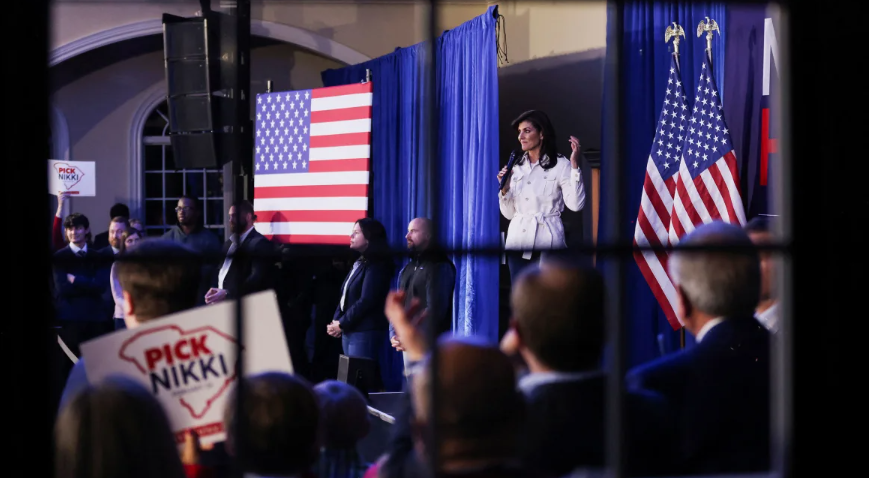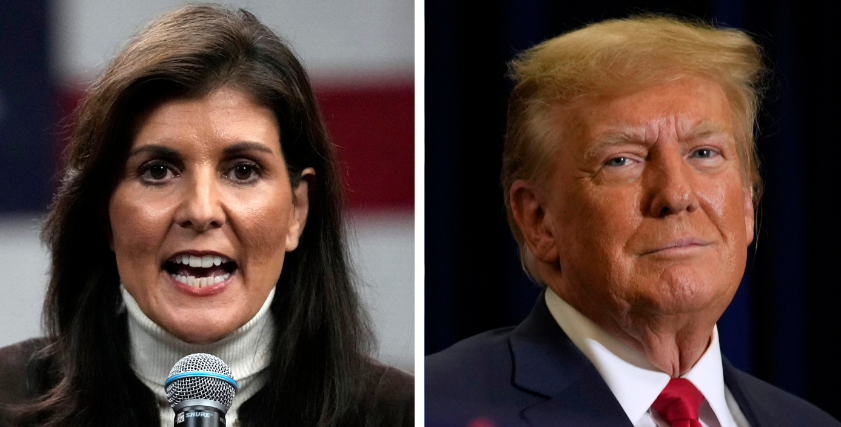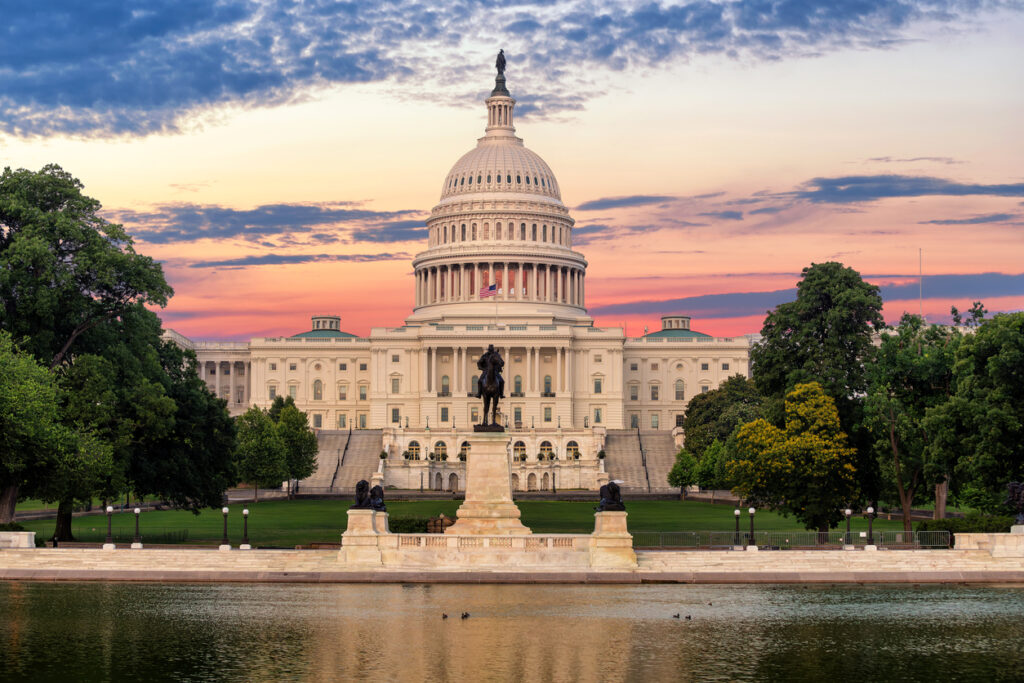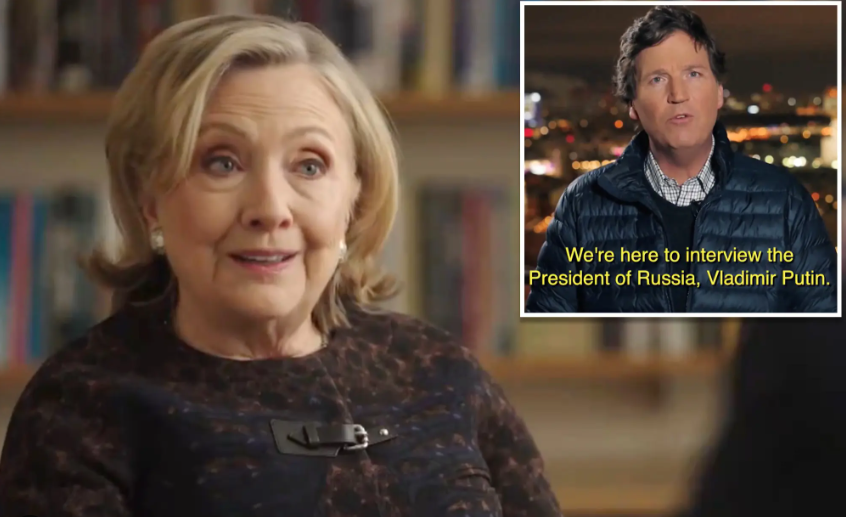
In a significant move that could reshape the digital landscape, President Joe Biden recently signed legislation that may lead to a ban or forced sale of TikTok in the United States. This decision, prompted by national security concerns linked to the app’s ties to its Chinese parent company, ByteDance, has sparked a wave of reactions, not least from California Senator Laphonza Butler. She has voiced deep concerns about the repercussions this could have on thousands of American workers employed by TikTok.
Senator Butler, a former labor leader appointed in October by Governor Gavin Newsom to fill the late Senator Dianne Feinstein’s seat, has called on the administration to consider the substantial impact of such legislation. The law, which passed with a significant majority in the Senate, intertwines issues of national security with economic and labor concerns, particularly focusing on the fate of TikTok’s roughly 8,000 U.S. employees, primarily based in California and New York.
The Human Cost of a TikTok Ban
The urgency of Butler’s plea highlights the human dimension of legislative actions that might otherwise be viewed through a geopolitical or technological lens. With TikTok facing a potential ban by next year unless it finds a new owner, the livelihoods of many are at stake. The senator’s remarks bring attention to the broader implications of job losses on families and local economies, which could be severe. The ripple effects of such a move could extend far beyond the individuals directly employed by TikTok, affecting countless suppliers, service providers, and other stakeholders.
Legal Challenges and Constitutional Questions
As TikTok gears up to challenge the ban in court, the debate over the balance between national security and free speech intensifies. The company argues that the forced divestiture infringes on the First Amendment rights of its 170 million U.S. users. This legal battle will not only determine the app’s future in America but also set a precedent for how the U.S. navigates the complex intersection of technology, foreign ownership, and civil liberties.
Labor Implications and the Role of Workers in National Security
Senator Butler’s focus on the labor implications of the TikTok divestiture points to a critical aspect of the discussion that she feels has been neglected. Some of the American employees at TikTok have been instrumental in helping authorities understand the national security risks posed by the app’s Chinese ownership. Their insider perspectives and expertise have been valuable in assessing data security threats, which complicates the narrative that TikTok is merely a tool of foreign government influence.
A Call for a Balanced Approach
In her communications, Butler has not suggested a specific course of action but rather has urged that the administration carefully weigh the potential economic fallout against the intended security benefits of the legislation. This balanced approach is crucial in ensuring that policy decisions are not only effective in enhancing national security but also fair and considerate towards those whose professional lives are entangled with the operations of the affected company.
The Broader Impact on Local Economies
The senator’s concern extends to the potential impact on local economies, particularly in areas like California and New York where TikTok has significant operations. The loss of high-paying tech jobs could undermine local economic stability and diminish tax revenues that support public services.
Conclusion: Finding a Path Forward
As the situation evolves, it is essential for policymakers to consider all facets of the issue. The potential TikTok ban is not just a matter of national security; it is also a matter of economic policy and workers’ rights. The challenge lies in finding a path forward that secures the nation’s digital infrastructure and protects its economic interests without causing undue harm to the workforce or stifling technological innovation.
This situation underscores the need for a comprehensive strategy that balances security concerns with economic realities. As discussions continue, the voices of workers, companies, and legislators like Senator Butler will be crucial in shaping a policy that respects both national security imperatives and the economic well-being of American citizens.











